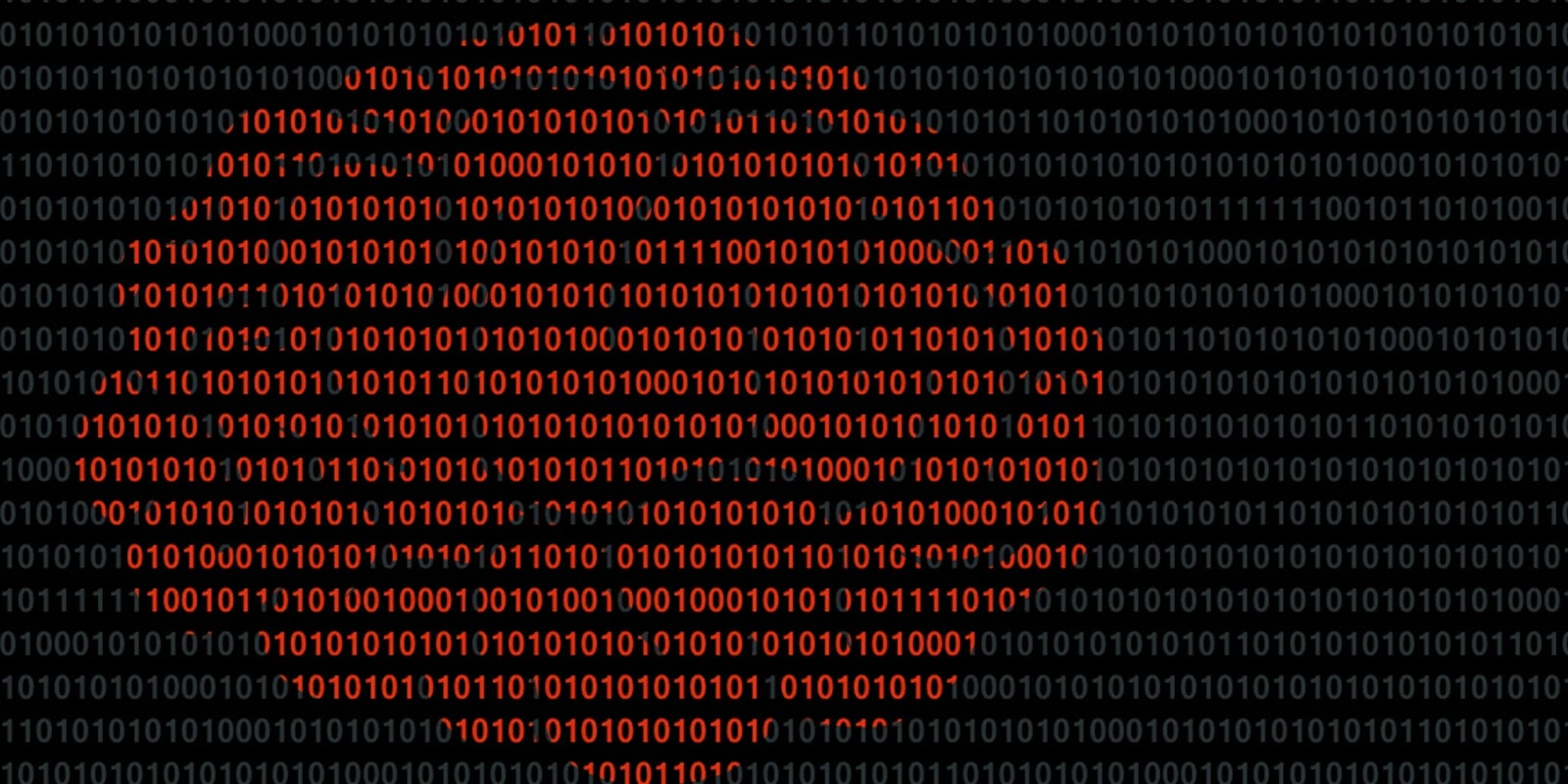In the field of mental health, early detection can make all the difference. That’s why a recent study about the use of speech-analysis software in schizophrenia diagnoses holds such promise for doctors.
Researchers in South America, IBM, and the Columbia University Medical Center used a speech-analysis program to predict which of the 34 high-risk young women in their test group would develop schizophrenia.
“People with schizophrenia have subtle disorganization in speech, even before they first develop psychosis,” according the summary of their paper. The scientists expected that speech-recognition software would identify clues that they could not discern, leading to more accurate predictions.
The results were impressive: The program, which analyzed the women’s speech patterns over the course of nearly three years, correctly predicted the results—whether or not they would be diagnosed with schizophrenia—in each case.
By comparison, the doctors observing the women only correctly predicted the results in 79 percent of the cases.
The researchers were quick to point out one potential issue with their study: their small sample size. While they started with 34 women, only five of the women developed schizophrenia, meaning that follow-up analysis of only those women might be less generalizable than the initial work with nearly three dozen people.
Even so the researchers noted that automated diagnostics carried great promise. Recording people’s speech is easy and inexpensive, and letting a computer assess the results is much more reliable than asking people to assess their own speech patterns. They also opened the door to other uses of the technology beyond schizophrenia and related psychoses.
“These findings,” they wrote, “support the use of advanced computational methods to characterize complex human behaviors such as speech in both normal and pathological states.”
Speech recognition is already improving consumers’ lives in ways that most people alive several decades ago could scarcely have imagined. Google Now and Apple‘s Siri make it incredibly easy to get the answers to many simple questions without pressing a single button. Google is also tweaking the speech recognition in Google Voice to ensure that no one needs to listen to voicemails ever again.
The medical applications of speech-recognition software have been largely untapped, with the growing exception of doctors using it to verbally enter patient data into electronic health records. As the study’s authors wrote in their conclusion, however, “recent developments in computer science, including natural language processing, could provide the foundation for future development of objective clinical tests for psychiatry.”
H/T Nextgov | Illustration by Fernando Alfonso III
